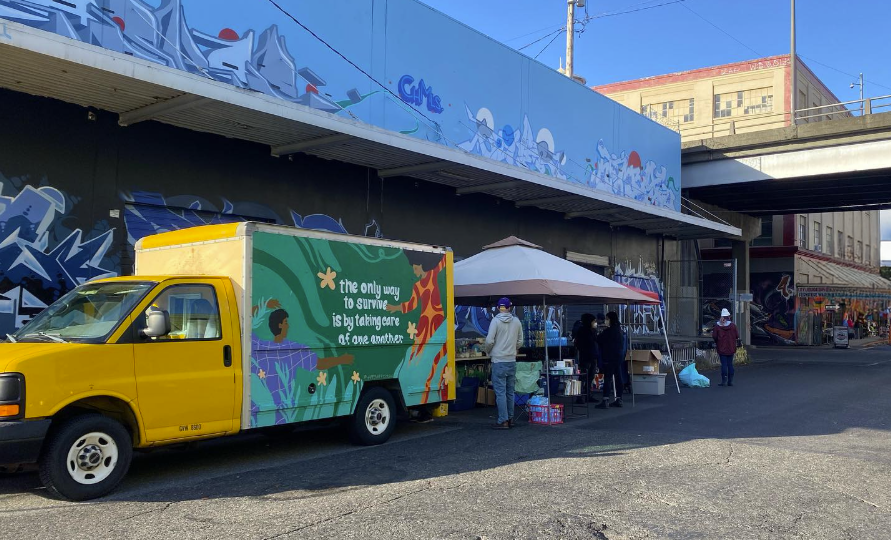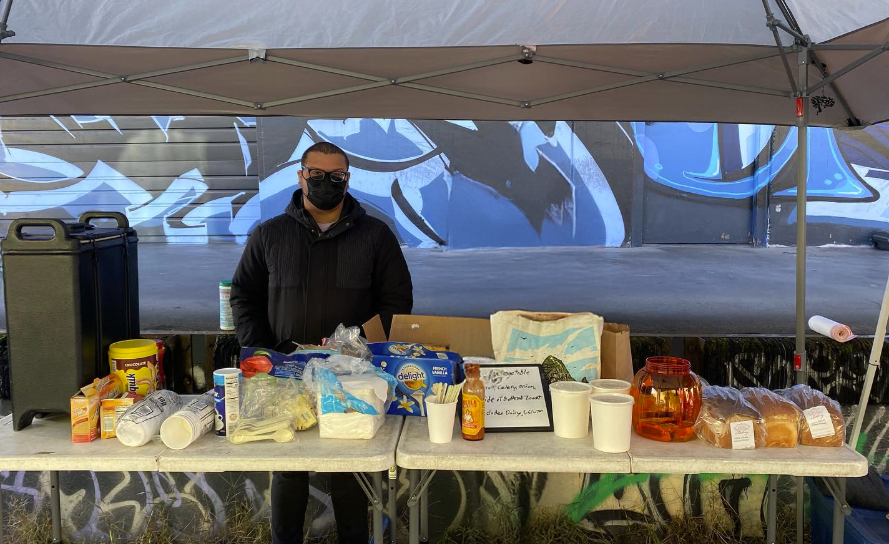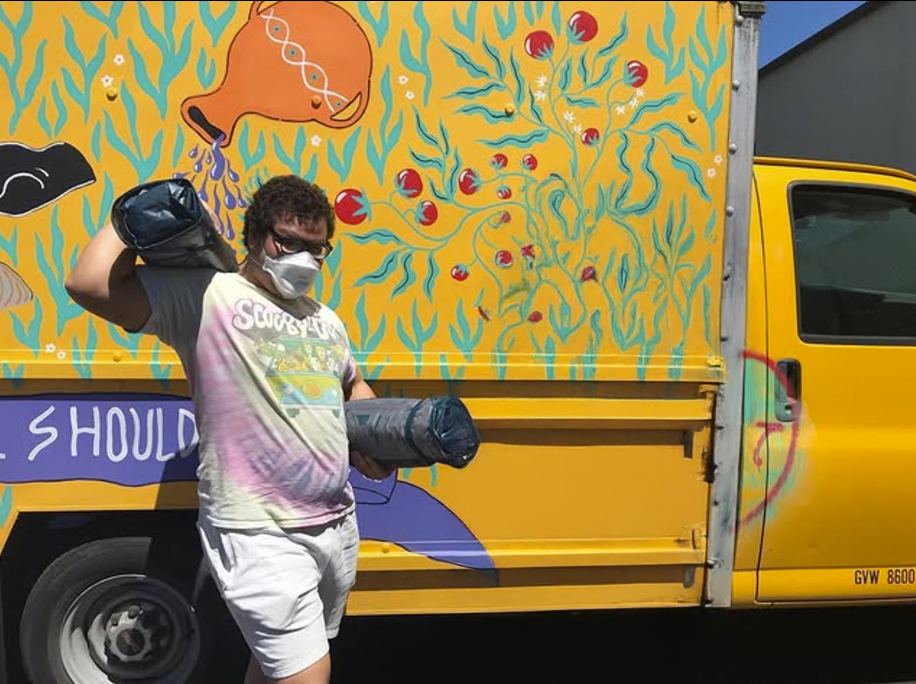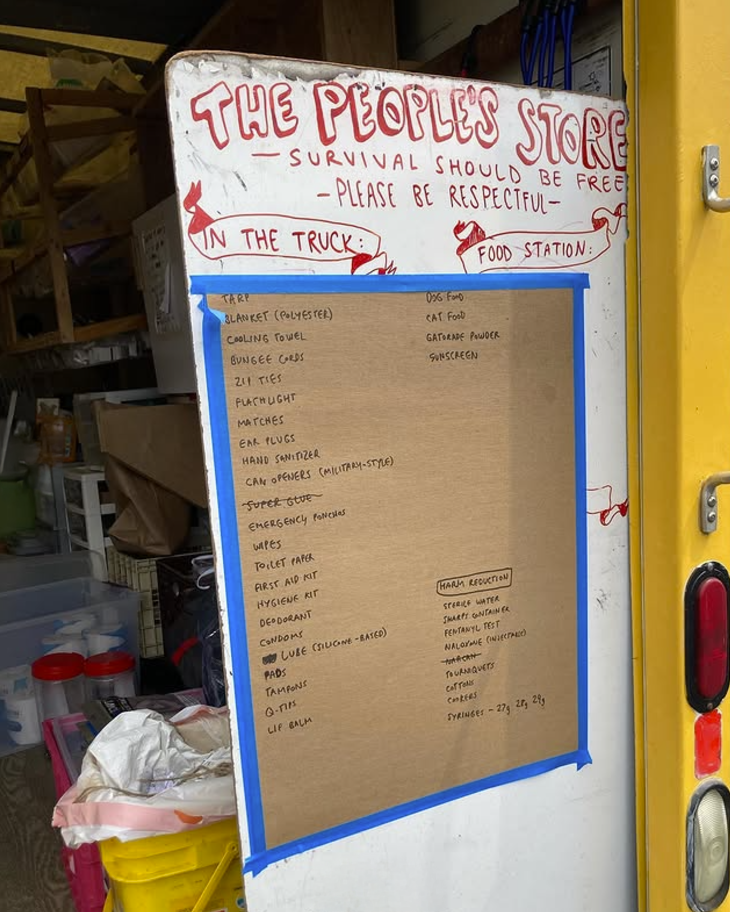Recently, I sat down with the rest of the CK crew to watch “Join or Die,” a documentary that examines the decline of civic engagement in America. The film’s thesis goes something like this: a healthy democracy depends on citizens’ sense of connection to each other, and that sense depends on participation in organizations of all types.
While I do think that having strong connections and being in organizations is essential, a healthy democracy also depends on some other things too. The system of governance here in America feels more akin to an oligarchy dominated by monopoly finance capital. Every election season, I recall a quote from the Pan-Africanist sociologist W.E.B. Du Bois. In his essay “Why I Won’t Vote,” published in The Nation in 1956, he writes:
“I believe that democracy has so far disappeared in the United States that no ‘two evils’ exist. There is but one evil party with two names, and it will be elected despite all I can do or say.”
I don’t view this quote as defeatist, but more of a recognition of the limits of electoralism, and the desire to build a better world through other avenues of struggle. And with cascading climate disasters occurring at faster rates, it’s becoming clear that merely showing up to vote every four years isn’t enough and hasn’t been for quite some time now. Coming together to organize around our material needs must happen constantly, regardless of who sits in The White House. “Politics,” said Kwame Ture, “is every day.”
There’s never been a great time to be without a place to live, but things feel especially vicious for those living on the streets right now. People experiencing homelessness die decades before their time. The frequency of sweeps is increasing, and creates a cycle of hardship for those losing their belongings. Earlier this summer, one of the biggest rulings on homelessness in decades was made when the Supreme Court upheld Grants Pass’ ban on people making shelter in public spaces. And as I’m writing this now, Daniel Penny, who murdered Jordan Neely, a homeless Black man, with a six-minute chokehold on an NYC subway car, was just acquitted of criminally negligent homicide.
The only way to survive is by taking care of one another.
Around two years ago, a friend and I started working with The People’s Store, which was born as a volunteer-run mutual aid project in 2020.
Our mantra? “Survival should be free” — twice a month, we drive our truck named Dolly Parkin to locations where people can stop by for snacks, meals that we prepare, and supplies like clothes, tents and sleeping bags, at no charge. Our goal? To promote autonomy, dignity, safety, access and relationships. We view our work as inextricable from the battle against capitalism, colonialism, white supremacy, sexism, homophobia, transphobia, ableism, and other social inequalities, because we see time and time again that these struggles intersect and cannot be disentangled from each other.
Mutual aid alone will not solve these problems — it is but one ingredient in our recipe to improve our situation and it’s obvious that other types of organizing, rigorous political education and systemic changes are also needed alongside it.
We’re all in this together.
There’s an attitude among many Americans that boils down to “I don’t owe anyone anything.” Not surprising; at every turn, our capitalist society actively encourages us to claw our way to the top at all costs, even if it means throwing our fellow humans under the bus. But we owe each other a great deal, and everyone has a role to play in strengthening our working-class coalitions so that we can weather the storm together. So, I challenge you to find those organizations and people near you that are working to materially improve lives. Unions, tenant associations, feeding your neighbors — we all must start somewhere.
At the heart of so many injustices is this simple counter message: there are enough resources for everyone on this planet to safely lead lives of dignity.



